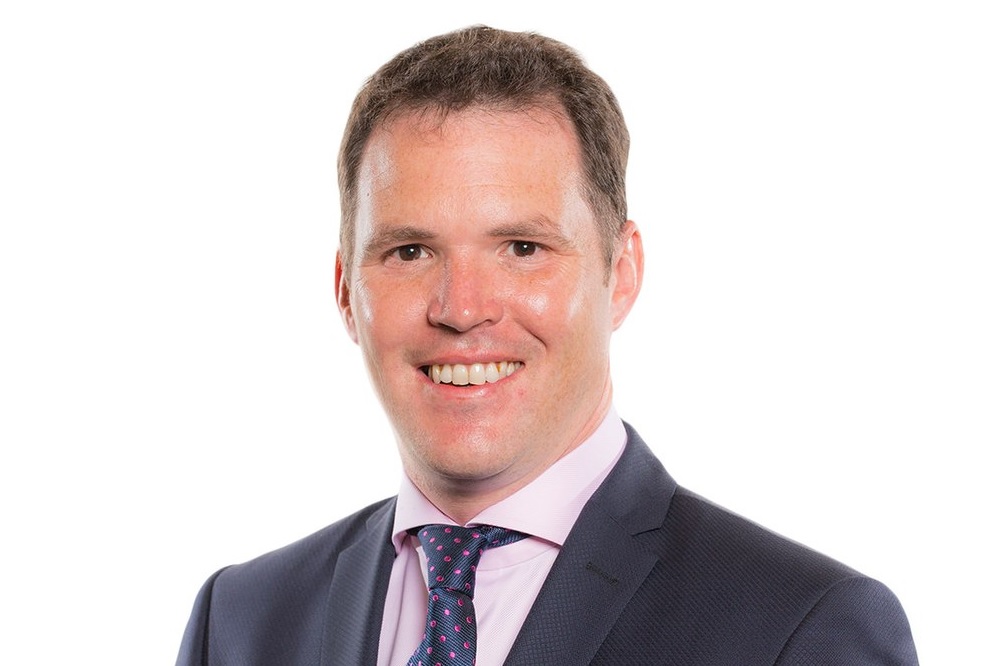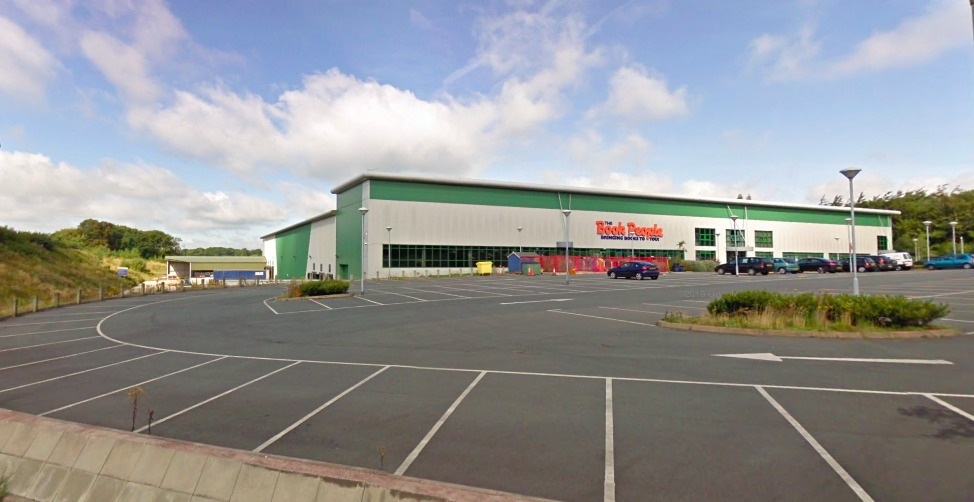News in brief: Drakeford voices concern as South African Covid variant reaches Wales

First minister Mark Drakeford has confirmed that Covid cases are now falling across all areas Wales, including recent hotspots in the north, but has warned people to remain vigilant due to concern about the spread of new variants of the virus.
In the last month there has been a surge of cases in Wales linked to the new virulent strain that originated in southeast England over the summer. Latest data from Public Health Wales indicates that over 50% of all new Covid-19 cases are currently this variant, but testing has also confirmed at least one other strain is circulating in the community.
Speaking at Friday’s press briefing Mr Drakeford described ‘the Kent variant’ as being ‘widespread across Wales,” and said the government is closely monitoring three new variants: one from South Africa and two from Brazil.
There is particular concern about the mutation first identified in South Africa late last year, as some research suggests it could evade immune responses triggered by vaccines and previous infection, impacting the effectiveness of Covid vaccines.
Daniel Altmann, an immunologist at Imperial College London, who has been studying the variant, told Nature magazine this week: “Some of the data I’ve seen in the last 48 hours has really scared me.”
So far six cases of the South African variant have been identified in Wales.
‘Immune’
“We are not immune at all to changes, which can happen in other parts of the world,” Mr Drakeford said.
“For all these reasons, we will take a cautious and careful approach towards relaxing the restrictions.”
Health Minister Vaughan Gething has also confirmed enhanced isolation requirements applying to South Africa, Namibia, Zimbabwe, Botswana, Eswatini, Zambia, Malawi, Lesotho, Mozambique, Angola, Mauritius and Seychelles, due to concern over the new stain, will be maintained and reviewed in a further three weeks.
In addition the Democratic Republic of the Congo and the United Republic of Tanzania, which share borders with Zambia, have been added to the list of countries subject to enhanced isolation requirements.
All travellers arriving into Wales from these locations in the previous 10 days will be required to isolate for 10 days and will only be able to leave isolation in very limited circumstances.
Meanwhile, a further 67 people have died due to coronavirus and 801 new cases of the virus have been confirmed in today’s update from Public Health Wales.
Of the newly reported deaths, 36 were in Cwn Taf Morgannwg health board area. Anneurin Bevan health board recorded 11 deaths since yesterday’s report and there were six in Cardiff and Vale, five in both Swansea Bay and Betsi Cadwaladr and four in Hywel Dda.
Flintshire (77) recorded the highest number of new cases, followed by Wrexham (76) and Carmarthenshire (56).
Wrexham still has the highest weekly case rate in Wales at 660.5 per 100,000 people, down from 673 yesterday and has the highest weekly positive test proportion at 26.5% per 100,000 tests, up from 26.4% yesterday.
The seven-day rolling case rate for Wales has dropped from 281 to 271 cases per 100,000 people and the positive test proportion is currently 16.5%.

Councillors back calls to extend free school meals to all children in poverty
Anthony Lewis, local democracy reporter
Councillors in Rhondda Cynon Taf have backed calls to extend free school meals to all children in poverty in Wales.
A motion to full council on Wednesday, January 20 submitted by the Plaid Cymru group called for Welsh Government to cost, budget and provide as a matter of urgency, the extension of free school meals to all children who live in poverty in Wales but are excluded from entitlement under the present eligibility criteria.
It also proposed that the council agrees that no child should go hungry and that this should be a step towards the aim of rolling out universal free school meals to all children in Wales as called for by various groups in Wales, including Child Poverty Action Group and the People’s Assembly.
The majority of councillors backed the motion which proposed that the council “recognises the distressing fact that 30% of children in Wales live in poverty and yet just 13% are entitled to free school meals.
“This is mainly because the remaining 17% of children live in low paid households that takes them just over the present eligibility criteria.”
It also asked the council to note that England and Scotland have universal infant free school meals with all reception, year one and year two pupils eligible, which is not the case in Wales.
Leader of the Plaid Cymru group on the council Councillor Pauline Jarman said: “It is very pleasing to know we have the support of almost all RCT councillors on this issue.
‘Responsibility’
“Plaid Cymru have already stated that when in government we will commit to the principal of free school meals for all. It is a basic responsibility of government to ensure that no child feels hungry in school or going to bed.
“The first step is to raise the eligibility threshold so that children in every household in receipt of Universal Credit receives free school meals.”
Fellow Plaid Cymru councillor Heledd Fychan said: “I’m proud that we have been able to bring forward this motion and secure the support of the council.
“It is an important step in securing equity for children in Wales with children in England and Scotland, where there is already universal free school meal provision for children in the reception class as well as years one and two.
“Ultimately, we wish to see universal free school meals for all children in Wales as evidence from countries where this is already policy, such as Sweden and Finland, shows that this helps tackle poverty plus improves health and attainment. All our children deserve the best possible start in life.”
Councillor Joel James, the leader of the Conservative group on the council explained why his group didn’t vote for the motion.
He said: “I think we can all agree that we do not want to see children going without food, and that the extension of the eligibility criteria so that it is on par with England and Scotland is a must and addresses another failing of this Welsh Government.
‘Millionaires’
“However, though we supported the vast majority of this notice of motion, we could not support the universal roll out of free school meals to every child of school age, regardless of their need and regardless of their individual circumstances – we would affectively be seeing children of millionaires getting free food.
“Had they removed this clause, as we had asked, then they would have received universal support from the chamber for their notice of motion.
“As highlighted in the meeting, this is another example of Plaid and the Labour group trying to score political points and thinking of their election leaflets, rather than those that are most in need of our help.
“The money spent on rolling out such a massive state subsidy programme, such as this and their desire to see the introduction of Universal Basic Income, would be better focussed on actually being spent on those that truly need it.”

£3 million boost for foundational economy projects
The Welsh Government is providing a further £3 million for projects which support, improve and deliver everyday goods and services.
Last year the government invested £4.5 million in a new Foundational Economy Challenge Fund which is currently supporting 52 projects that are testing new and innovative ways of making the everyday economy work better for all communities in Wales.
The additional support announced today will enable this work to continue.
Deputy Minister for Economy and Transport Lee Waters said:” The Foundational Economy Challenge Fund has already helped projects which are part of our everyday economy develop and reach their potential for the benefit of local communities.
“Improving and developing these further and sharing information on what works and what doesn’t with other areas of Wales will be crucial in responding the effects of coronavirus and the impact of the UK leaving the EU.
“We want to see our regional economies develop and grow and our approach to strengthening our foundational economy, and properly valuing the people that work within it will be key to that.
“This additional £3 million funding will scale up the best projects in health, social care, construction and procurement and spread their success so all our communities can benefit.”

Plans submitted for new power station in Gwynedd
Gareth Williams, local democracy reporter
Plans for a new gas-powered power station have been unveiled in Gwynedd to help cope with the loss of Britain’s coal powered plants.
The proposals, having been submitted to Gwynedd Council, would see a new 10MW fast response generation plant near the former Book People warehouse at Parc Menai, Bangor.
It follows similar plants being earmarked for Holyhead, Caernarfon and Porthmadog, with developers planning to help fill the void left by the demise of coal-fired power stations by supplying the national grid.
According to Nod Power Limited, while the UK Government is trying to fill this void with renewable sources, back-up providers are also needed due to renewables like solar and wind often being dependent upon weather patterns.
Demand
This plant, like the others already approved, would only kick-in when demand dictates and supplied by underground pipe via the national gas main system, meaning that no deliveries would be needed.
The supporting documents note, “As there is no demand for the plant to be operated as a base load plant, the gensets will stand idle until a demand requirement.
“On demand the gensets will initiate their start-up and within approximately two minutes reach peak generation export capacity of ~10MW.
“The plant can be turned down and respond to multiple start-up/shut-down cycles, thereby providing the flexibility required to provide the services for balancing the grid network
“With experience of running these facilities the gensets would typically run for an average of ~3500 hours a year. Typically, at the periods of high electricity demand, most commonly during the evening hours, rarely at night and weekends.
“The most common peak demand periods occur between 16.30 and 21.00. However, the plant will be available for generation on receipt of a signal from National Grid at any time of day or night and any day of the week.”
Its proposed that the plant would create two full-time permanent jobs as well as another ten during the construction phase.
Marking another step in the UK Government’s bid to reduce greenhouse gas emissions to net zero by 2050 and to phase out coal completely by 2025, Britain now has just four coal-powered stations following the closure of Aberthaw in the Vale of Glamorgan – the last such facility in Wales.
According to the applicants the site in question, to the rear of the former Book People warehouse, would have no impact on any future use of the site.
The site employed 229 workers until the company went into administration a week before Christmas 2019, being later wound down.
Its expected that Gwynedd Council’s planning department will consider the application over the coming months.

Support our Nation today
For the price of a cup of coffee a month you can help us create an independent, not-for-profit, national news service for the people of Wales, by the people of Wales.





